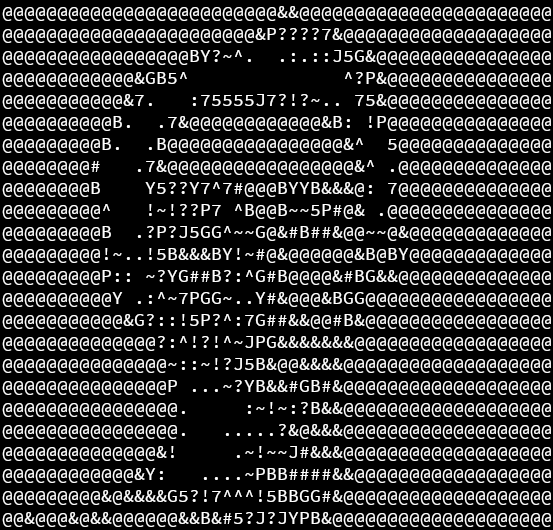
15/2/23
This website is about human beings. What is a human being? Humans are made up of two parts: resources and potential. Resources are our physical property, like our bodies. Potential is the magic that happens when our bodies go into motion. On one end of the scale, potential can be human labour replacing flowing water to turn a wheel and grind grain. On the other end, think of the potential of human intellect and the power of ideas, such as who devised the design of a water mill.
Our species has had thousands of years to explore and exploit these resources and potentials, and that's what this website is really about.
I am a writer and a human being, which in the 21st century, have functionally begun to mean the same thing. I am sensitive to problems afflicting my life and feel motivated to solve them, or at least address them. I have not yet met another human being who does not feel the same way. If problem, find solution. Even if the solution consists of becoming used to the presence of the problem until the problem becomes the status quo. Like white noise fading into room tone until we call it "silence." Humans are hard-wired to tend towards equilibrium. Without even trying, we will slowly blot out almost any stimulus, including pain, to reach neutrality (and if the hallucinatory experiences of those in sensory deprivation tanks are to be believed, we will create stimulus in the absence of it). In other words, we adapt to changing situations.
Adaptation is not perfect, however: faster than the excruciating crawl of evolution, it is nonetheless still "slow." You will become irritated by a constant droning long before you "forget" that it's there, and you will suffer for hours or days before you become numb to pain. That we become used to persistent stimuli while continuing to react to novel stimuli is an easily exploitable feature of the human condition. We work long and hard hours to afford food and water in order to stave off hunger and thirst (the novel stimulus) but rarely question the conditions that lead us to laboring for basic necessities in a world of resource abundance (the persistent stimulus). Features of our faulty status quo bob to the surface of public consciousness when novel stimuli such as a sudden event highlight it. Consider: a violent attack that raises questions of laws protecting public safety; a whistle-blower that prompts an inquiry into the unethical practices of a private business. Like symptoms of a disease, these events point to an underlying problem that has yet to be properly addressed. Without them, it is as if we do not know we are sick at all. In fact, the innumerable layers of unnatural and problematic conditions we accept as our status quo is an incredible and terrifying sociological rabbit hole. One we cannot stop digging.
But what about a disease whose symptoms are persistent? That is to say, where the warning signs are a part of our everyday lives? This is where I introduce you to what I call the "Hesperian Disease." In the 21st century, the most important pieces of the average human being are his labour potential and the monetary resources his labour has earned him. Respectively, he can take the role of both a labourer and a consumer, generally at different times. In vying for his resources, potential beneficiaries (be them individuals, rulers or corporate entities) have devised multiple methods of convincing the human being to part with his time and money. Thus begins the art of copywriting, which at its centre is the practice of convincing consumers that one's service or product solves a problem of theirs. Formally, copywriting is considered the written advertisement for products and services as defined since the industrial revolution. In reality, the basic mechanics of copywriting are used to convince everyday people to do everything from practice brand loyalty to dying in war and worshiping gods. Copywriting is everything and everywhere. That problems are appropriated and/or manufactured for the purposes of private profit is specifically what is referred to by the Hesperian Disease. The worst and yet most important aspect of the Hesperian Disease is the impediment of positive progress as a species, both through providing solutions to problems motivated by profit rather than problem-solving, and, most insidiously, by outright fabricating problems with which to then provide a conveniently profitable solution.
Occasionally these fabricated problems are materially tangible, such as in the case of artificial scarcity. Other times, and centrally to the mission of this website, the problem is merely embedded in the minds of consumers and does not actually exist. For example, brands will align their product or service with emotions and experiences such as happiness, communal bonding, self-fulfillment, romance, in order to imply that one can achieve these desires through the purchase of that product. When we stop and think about it, we know that this isn't true, but this rationality hasn't stopped the landslide success of retail therapy, for example. We are subject to moments of weakness, and this is when we fall back on defaults. This is when our consumerist conditioning does what it was designed to do.
So, what do we do? As animal psychology reveals, if an organism can be conditioned, it can also be reconditioned. The great undertaking of this website is to create new defaults. That is to say, positive and productive habits to fall back on. Now that we have identified the problem, the next oration will focus on the foundations of this new worldview that rejects manufactured problems and instead finds happiness and fulfillment in the preexisting bounty of this world. The undertaking will be nothing short of an archeological excavation. There is so much to uncover.
--Siagon Degare